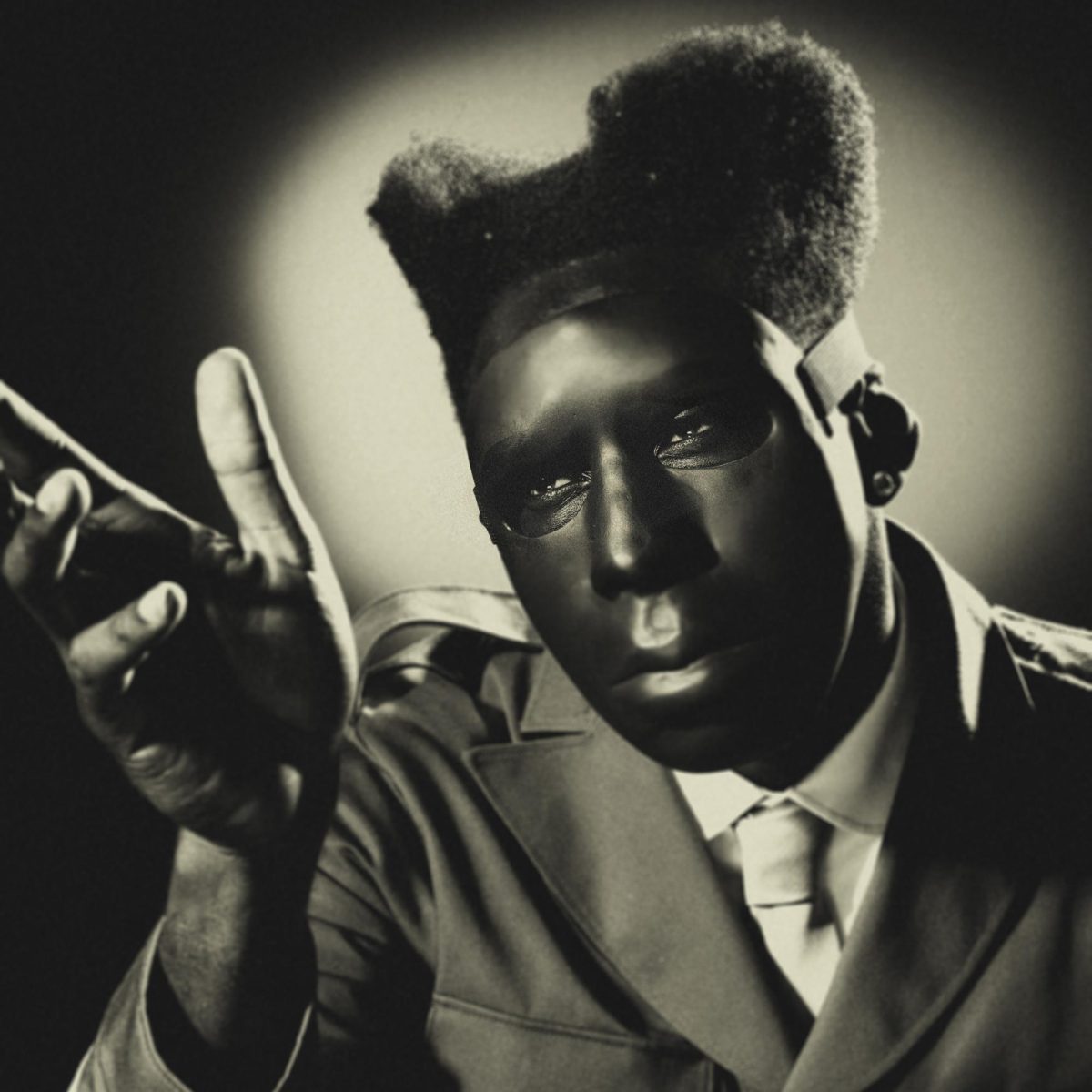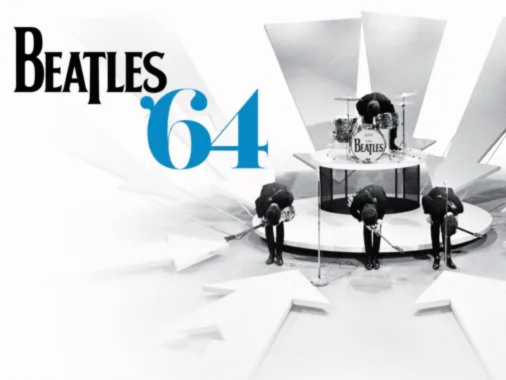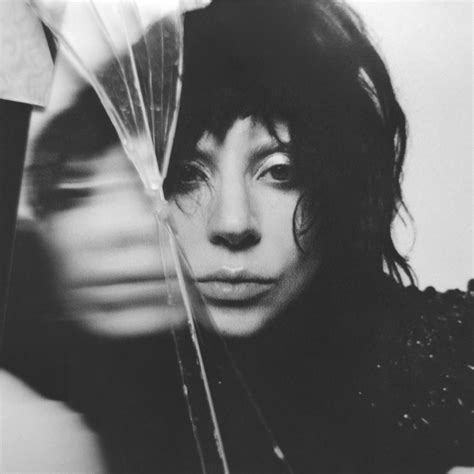In the three years following the release of his last album, fans have anxiously awaited Tyler, the Creator’s follow-up project. Since 2011, Tyler has consistently released a new album every two years. By the time 2023 came around, two years after the release of his last project, “Call Me If You Get Lost,” Tyler had only dropped a deluxe rerelease of the album; an odd decision that left many fans confused and disappointed. That’s why the music world was so shaken when Tyler abruptly announced and rolled out his latest album “Chromakopia” on Oct. 28.
With “Chromakopia,” Tyler fully exercises his artistic freedom to produce some of his most complex yet sophisticated work to date. He returns to his signature high-concept artistry and improves upon it in nearly every way.
Throughout Tyler’s music career and discography, we examine an angsty, broken kid developing and refining his art as it reflects the growth of his maturity. In the music video of “SORRY NOT SORRY,” a bonus track in 2023’s “Call Me If You Get Lost: The Estate Sale,” Tyler symbolically kills the personas linked with each of his albums, including “Sir Tyler Baudelaire” from the same album.
Now in “Chromakopia,” with the past left behind him, Tyler establishes a new identity separated from his past work: a powerful, commanding figure in a military-styled suit hidden behind an expressionless mask.
Behind the mask and beyond the new persona, however, is an honest, vulnerable examination into Tyler, the Creator himself, a man recognized in the public as one of pop culture’s most influential, yet controversial figures. Throughout “Chromakopia,” Tyler struggles to grasp onto his life and his own identity but frequently makes an effort to mask it away from the public.
“Sticky” is a dirty, arrogant hype anthem standing as easily the most exciting track on the album. Unapologetically vulgar and obnoxious, the track carries powerful, punchy production to complement its presumptuous lyrics. While GloRilla and Sexyy Red both make exciting appearances in the song, the true standout feature (and one of the best parts of the album) was a surprise verse from Lil Wayne. Although Wayne’s appearance was brief, he fully utilizes the time he’s given with a mesmerizing verse confidently delivered in a criminally smooth flow that continuously builds before finally ending in a satisfying bang.
As exciting as the track was, it is immediately followed by “Take Your Mask Off,” a song commenting on the “masks” people wear to hide vulnerable, honest aspects of themselves from society. But things take a turn towards the end when the track seemingly evolves into a personal, self-critique for Tyler. Considering the juxtaposition of the two tonally and thematically differing tracks, it becomes evident that even in a personal record such as this, Tyler still holds a dependency on hiding behind this figurative mask.
After reaching superstardom status from the success of past albums along with his designer brand, Golf Wang, Tyler expresses his paranoia of stepping into the public light. He expresses wanting to go on with his life without constant harassment from overexcited fans in “Noid.” The track is reminiscent of the expensive, maximalist production style of Kanye West, particularly his 2010 album “My Beautiful Dark Twisted Fantasy,” fused with the melodic melancholy of “Flower Boy.” There’s an aggressive angst boiling beneath the music. I anticipated it to erupt suddenly, but it never did. It’s disorienting but serves as a testament to the lack of control and power celebrities carry over their crazed fans.
We as a society tend to over-glorify celebrities as they’ve grown to define our popular culture. As a result, we often prioritize our selfish demands and ignore the humanity they carry as people. It’s heartbreaking listening to Tyler soulfully expose a pained, vulnerable aspect of himself through his music, especially considering his egotistical public identity. Yet at the same time, the album functions so effectively as it manages to beautifully humanize this cultural icon we’ve grown to regard too highly.
“Chromakopia” is the finest production work Tyler has crafted in his music. Tyler plays with various differing sounds and samples in his instrumentals and works them into a sophisticated and precise composition of music. Throughout the album, instrumentals vary from abstract, maximalist, soft, and dreamlike, and even sometimes fuses them into something that shouldn’t work but somehow miraculously does.
My main critique is that it fails to follow a thread of consistency throughout its 14 tracks. The tone of the album becomes messy as it attempts to balance Tyler’s heartfelt tracks with his dirty ones. Additionally, the quality of his lyricism is inconsistent, which ultimately prevents “Chromakopia” from being as effective as it should be. As much as I enjoyed “Sticky,” many of its verses felt thoughtless and lazy, especially the chorus.
Was it a perfect album? No. Did it have to be? No. Regardless of its inconsistencies, I enjoyed the hours I spent listening to “Chromakopia.” The album beautifully humanizes one of America’s most notable artists, and features some of the most finely crafted and unique sounds in modern rap. Prepare to be emotionally devastated by “Chromakopia,” in a good way.
4/5









